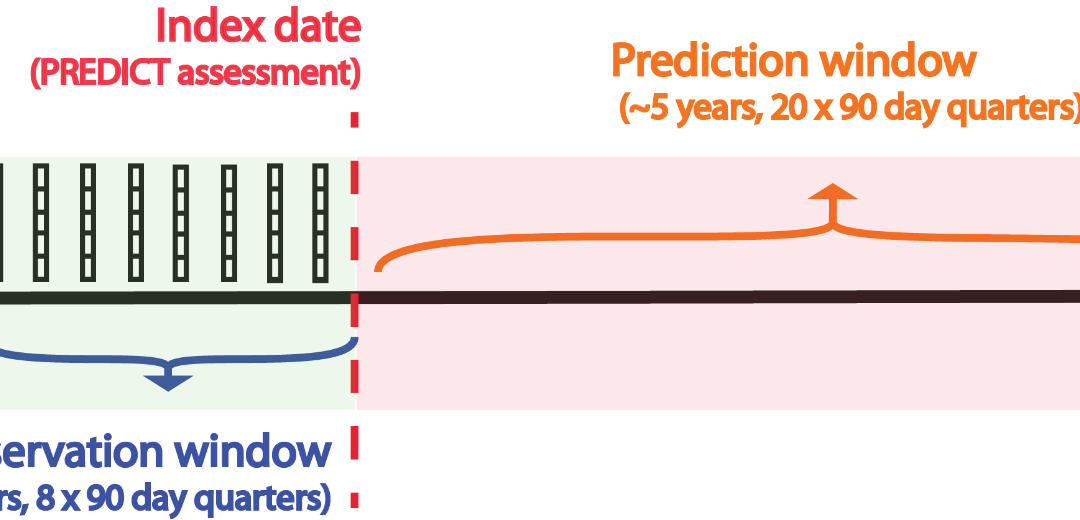Speaker: William Hsu, PhD student, supervised by Jim Warren and Pat Riddle
Abstract: Chronic conditions place a considerable burden on modern healthcare systems. Within New Zealand and worldwide cardiovascular disease (CVD) affects a significant proportion of the population and is the leading cause of death. An enduring challenge in population health is to accurately identify at-risk individuals within the population. Like other chronic diseases, the course of cardiovascular disease is usually prolonged and its management necessarily long-term. The state-of-the-art in automated clinical decision support for risk assessment is regression-based. While these models are useful in identifying factors contributing to risk, they have a number of limitations, among which they are sequence agnostic and have a limited capacity to model time. The aim of this thesis is to examine whether, by explicitly modelling the temporal dimension of patient history using sequential data, risk assessment may be improved. This thesis investigates methods for multivariate sequential modelling with a particular emphasis on Long short-term memory (LSTM) recurrent neural networks. The Vascular Informatics Using Epidemiology and the Web (VIEW) programme data set is linked to other routinely collected national data sets including pharmaceutical dispensing, hospitalisation, lab test results and deaths. Selected methods are then applied to the linked data set. The experiments carried out focus on 3 levels of outcomes: risk factor (TC/HDL), disease management (medication adherence) and CVD event (hospitalisation/CVD death).

